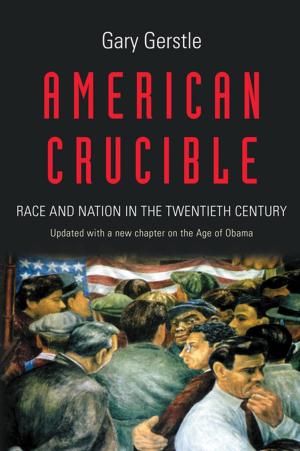Keys to the City
How Economics, Institutions, Social Interaction, and Politics Shape Development
Nonfiction, Social & Cultural Studies, Social Science, Sociology, Business & Finance, Economics| Author: | Michael Storper | ISBN: | 9781400846269 |
| Publisher: | Princeton University Press | Publication: | July 21, 2013 |
| Imprint: | Princeton University Press | Language: | English |
| Author: | Michael Storper |
| ISBN: | 9781400846269 |
| Publisher: | Princeton University Press |
| Publication: | July 21, 2013 |
| Imprint: | Princeton University Press |
| Language: | English |
Why do some cities grow economically while others decline? Why do some show sustained economic performance while others cycle up and down? In Keys to the City, Michael Storper, one of the world's leading economic geographers, looks at why we should consider economic development issues within a regional context--at the level of the city-region--and why city economies develop unequally. Storper identifies four contexts that shape urban economic development: economic, institutional, innovational and interactional, and political. The book explores how these contexts operate and how they interact, leading to developmental success in some regions and failure in others. Demonstrating that the global economy is increasingly driven by its major cities, the keys to the city are the keys to global development. In his conclusion, Storper specifies eight rules of economic development targeted at policymakers. Keys to the City explains why economists, sociologists, and political scientists should take geography seriously.
Why do some cities grow economically while others decline? Why do some show sustained economic performance while others cycle up and down? In Keys to the City, Michael Storper, one of the world's leading economic geographers, looks at why we should consider economic development issues within a regional context--at the level of the city-region--and why city economies develop unequally. Storper identifies four contexts that shape urban economic development: economic, institutional, innovational and interactional, and political. The book explores how these contexts operate and how they interact, leading to developmental success in some regions and failure in others. Demonstrating that the global economy is increasingly driven by its major cities, the keys to the city are the keys to global development. In his conclusion, Storper specifies eight rules of economic development targeted at policymakers. Keys to the City explains why economists, sociologists, and political scientists should take geography seriously.















